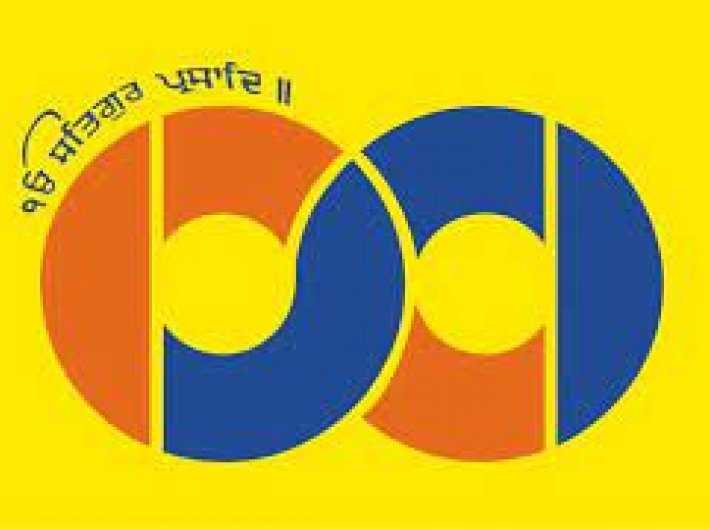For a girl who saved over Rs 15 lakh for her marriage, a 10-year wait is an end to her dreams
A few months after the Punjab and Maharashtra Co-Operative Bank Ltd (PMC Bank) was put under moratorium in September 2019, I met an announcer in a function on banking organised by an industry body, with which I have been associated. She was young, pretty beautiful and had a sweet voice and modulation. She had dreams in her eyes of getting married, and for which she had saved all her earnings of last few years over Rs 15 lakh in the PMC Bank. She had a brief chat with me that day, and she expressed her anxiety about getting back the money soon so that she could get married, as she was at her prime. She hoped that everything would be all right soon.
Yesterday, two years after the collapse of the bank, a draft scheme of amalgamation of PMC Bank with Unity Small Finance Bank has been put up. In terms of the proposal, retail depositors will get upto Rs 5 lakh released by Deposit Insurance and Guarantee Corporation (DI&CGC) upfront. Thankfully, the insurance coverage under DICGC, which was fixed at Rs 1 lakh way back in 1993, has been enhanced recently.
When the PMC Bank crisis hit, I had written a column in an online portal arguing for increase of the then existing DI&CGC limit of Rs 1 lakh to at least Rs 4 lakh, in view of average inflation of 5% since 1993 and greater savings-to-GDP ratio in the preceding decades. The article also discussed how stress in banks can be anticipated and what can be done immediately, should a crisis arise.
https://swarajyamag.com/blogs/pmc-bank-crisis-i-am-an-ex-banker-and-heres-what-i-think-should-be-done-to-set-things-right
Now, PMC bank depositors, under the proposed scheme of amalgamation, will get back Rs 5 lakh upfront after implementation of the scheme. For the residual amount beyond Rs 5 lakh, they will be paid over a staggered period:
After 2 years: Rs 0.5 lakh
After 3 years: Rs 1 lakh
After 4 years: Rs 3 lakh
After 5 years: Rs 5.5 lakh
For any amount above thereof will be payable after 10 years on demand. And for the next 5 years there will no further interest paid on the deposits.
For institutional deposits, 80% of uninsured deposit will be converted into Perpetual Non-Cumulative Preference Shares (PNCPS) of the transferee bank with dividend of 1% per annum payable annually. The remaining 20% of the institutional deposits will be converted into equity warrants of transferee bank at a price of Re. 1 per warrant, which will further be converted into equity shares of the transferee bank at the time of the initial public offer (IPO) when the transferee bank goes for a public issue at a price to be determined at that time.
Banks survive on trusts. Depositors trust banks. Safety of deposits in banks is the edifice of trust in banking. In absence of that, bank deposits will be perceived as risky and volatile as investment in stock markets. And, in fact, in present case 20% of deposits get converted into warrant to be subsequently converted into share of the transferee bank at the time of the IPO.
In recent past, the depositors of Yes Bank and Lakshmi Vilas Bank got protected and normalcy in their account got restored in swift manner in a matter of 10-15 days. It is time to have a standard resolution process for stressed banking entities in place to mitigate varied treatment meted out to various banks at various times.
The present amalgamation scheme needs to be reviewed to ensure that all depositors get their money back. They have already waited for two years and have suffered considerably during the process. Missed treatment, education, deprivation of fixed income earning and what not.
At least after two years of misery, no haircut or delay in receiving one’s hard-earned money. And, yes, the PMC Bank has a large number of pensioners. It will be unfair to deprive them of future interest, the source of their livelihood, for next 5 years.
The possibility of extending a liquidity tap for the differential amount (PMC Bank’s total deposits liability - DI&CGC Guarantee) must be explored to help Unity Small Finance Bank to pay off all depositors of PMC Bank, with no ifs and buts.
Mishra is a policy analyst and columnist.
